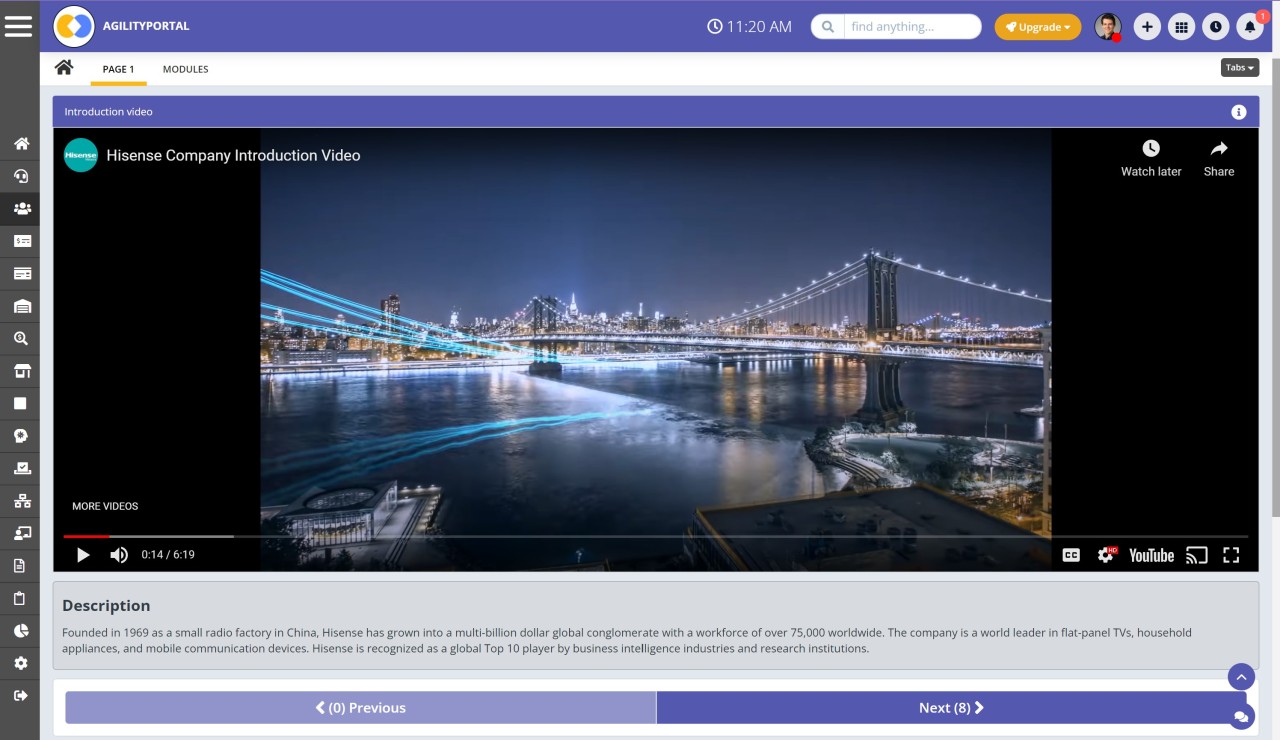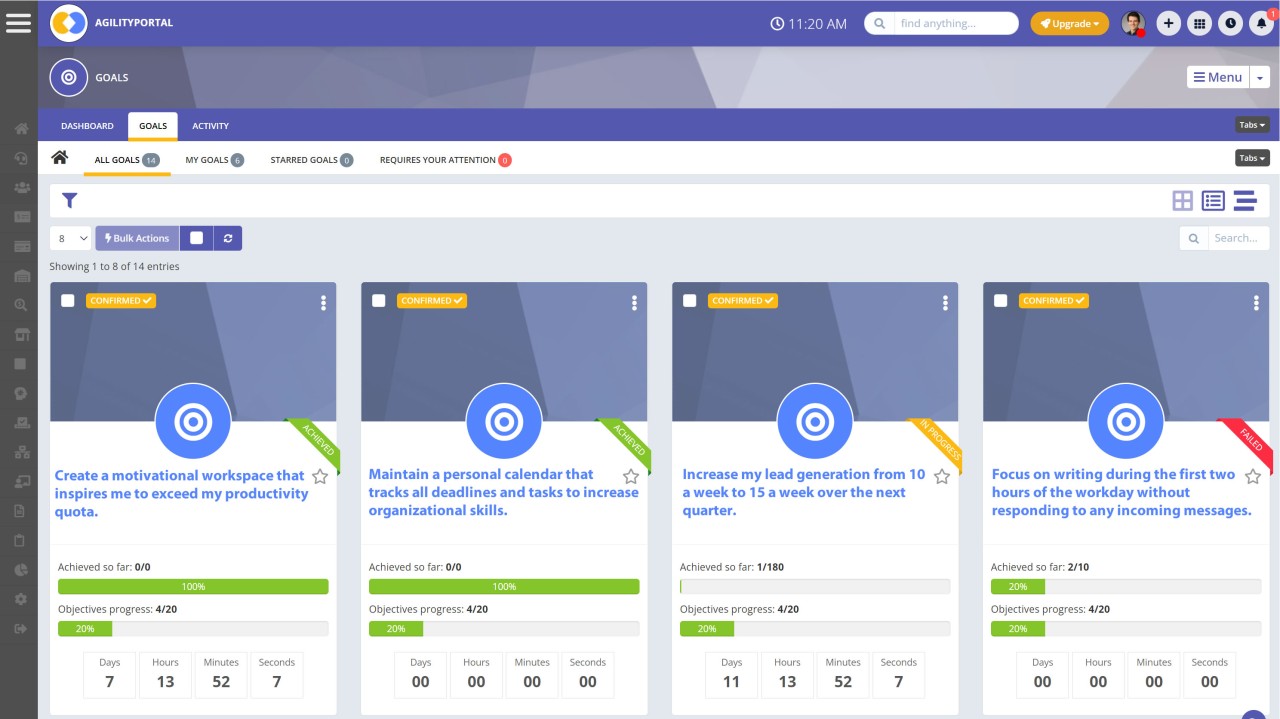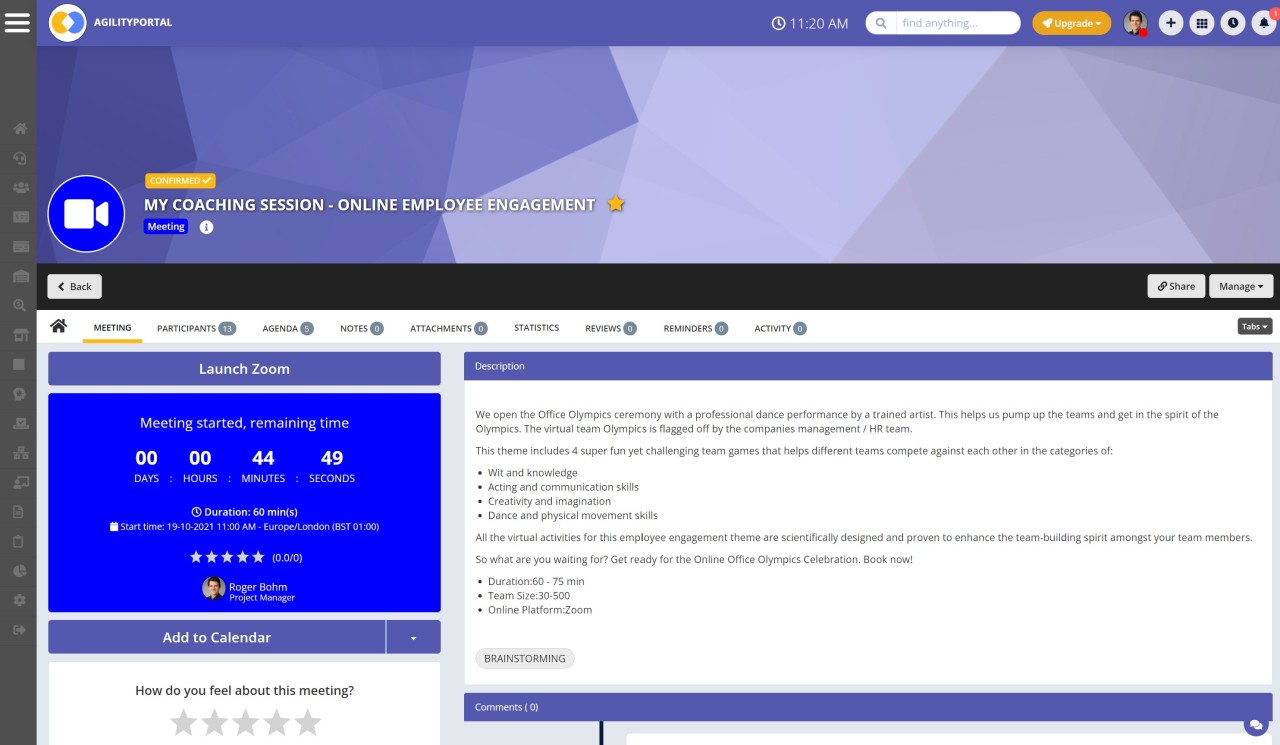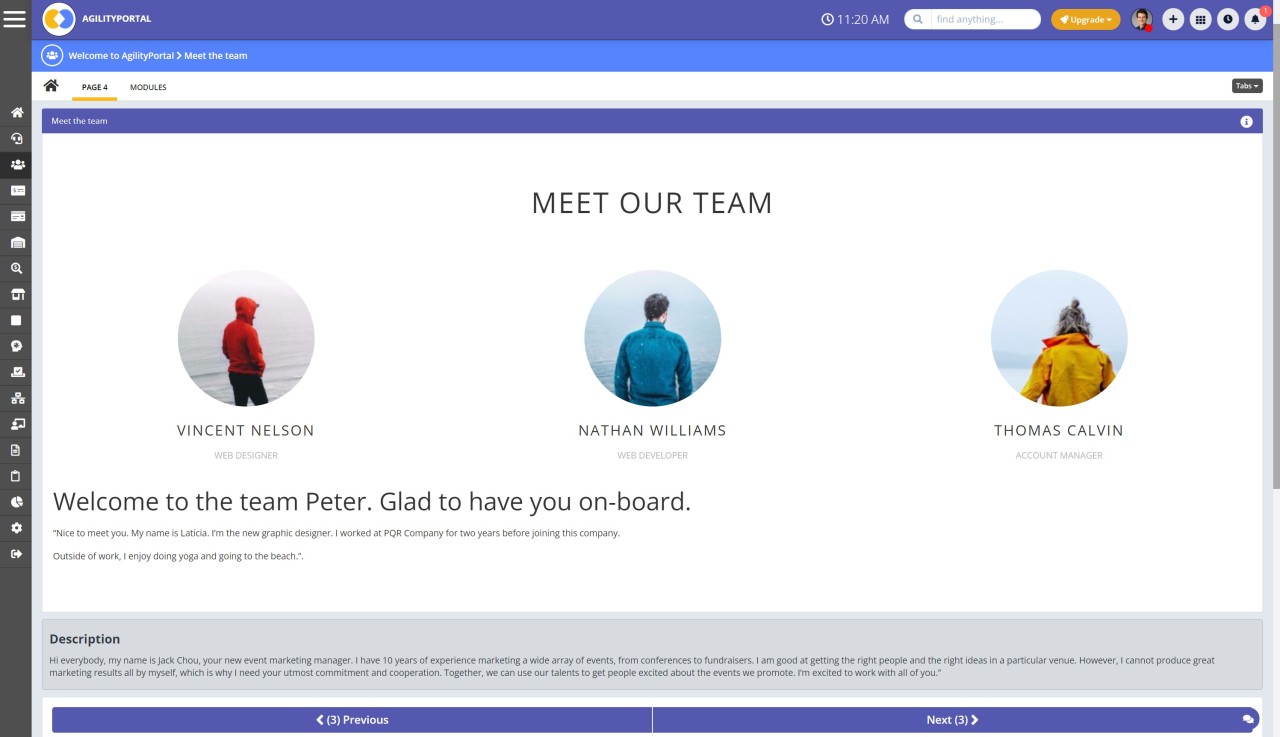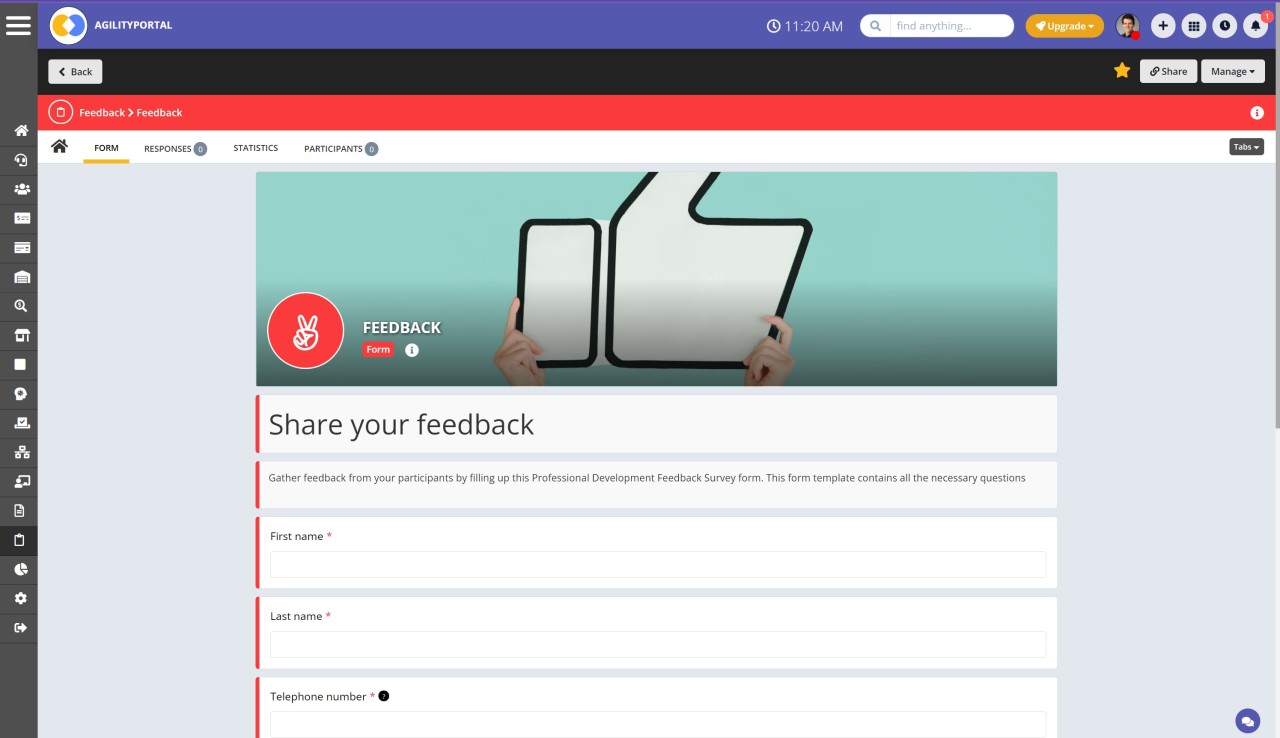Insight Blog
Agility’s perspectives on transforming the employee's experience throughout remote transformation using connected enterprise tools.
5 minutes reading time (1041 words)
7 Essential Remote Employee Onboarding Tips: A Complete Checklist for Your Next New Remote Hire
Find out the Checklist for providing a professional onboarding experience to new employees. You only get one chance to make a first impression.
If you have an organization that welcomes remote work, then you may know that it is not easy to onboard remote workers. However, you can learn how to give a good onboarding experience with this onboarding checklist for remote employees.
The onboarding process may make or break a new employee's experience in your organization. It can also affect the team's success. With more organizations moving to remote work throughout the world, it's critical to have a remote employee onboarding checklist in place.
Adding a new team member with who you can't connect in person can be difficult at first. It does not matter whether it is your first time operating as a remote team or you've been remote from the start.
We can assist you in preparing for the process of remote onboarding staff. Therefore, we've compiled a list of our top ideas for onboarding remote employees to ensure a smooth transition.
Ideas for onboarding remote employees
1. Set goals for the first week
It's critical for all of the new hires to feel like they're making some progress and contributing to our company's expectations in the first few days. An onboarding checklist template might assist you in onboarding a new employee. Just know that each team should establish its own weekly goals. For example, these goals can be broken down into incremental action items that they tick off as they go. It can give employees an important sense of accomplishment. Furthermore, they can expect and be assured about what is coming up.
2. Arrange an introduction session
Please take it as a duty to ensure that your team is aware of the new hire! Thereby, it is crucial to introduce them to their new partner before you get them to the business and start the first team meeting.
Notify them as soon as possible via email, or you can use a better approach such as using a social intranet like AgilityPortal. A social intranet is a nice way to introduce new hires, but make sure to add a few phrases written by the new hires.
The benefit of the introduction is that it makes communication easier for the new hire, and he will feel comfortable contacting his team members to ask for help. You can try using video calling features in the social intranet. It can work as a "virtual water cooler" because it can help bring a sense of normalcy to an otherwise stressful week.
3. Arrange a face-to-face meeting within the first week
It's crucial to schedule your first official video conference with your new recruit. You should try to do it as soon as possible. You can begin by introducing them to the team. More importantly, try to send them few messages throughout the day on their first day of work.
4. Explain the unwritten rules
New recruits can watch their coworkers in the office and pick up on certain signs about how they should work. It is especially true when the new hire has to guess about the team meetings. For example, it will be difficult for new recruits to figure out that a meeting on the calendar isn't really a meeting until his team members start walking towards the meeting room. Consider how the team's unwritten rules would affect someone new. The new hire can be someone who isn't familiar with the situation. Always try to make a note of it and inform them!
You can send employees a digital employee handbook, which is a wonderful approach to introduce them to cultural clues. It may provide some information that they would experience only in person. It is possible for remote employees to gain a better understanding of the culture if you share a document that describes your team's cultural values.
5. Find a work buddy for new hire
It is acceptable for new hires to feel weird and ask a lot of questions. It is especially true if they're currently in contact with someone they haven't met!
In the first step, you should introduce the new hire to your existing team. After that, send a separate introduction to a single teammate who will act as their buddy. It helps the new hire to familiarize himself with the work culture. You can allow the new hire to ask as many questions as they want. It does not matter how ridiculous their questions may appear.
Try to remove the fear of bothering someone too much. It will help the new hires to get through any obstacles in their onboarding checklist quickly.
6. Offer some help for home office setup
It is possible that the new hire may or may not have expected to work from home. On the other hand, the current work environment may not be suited for the new hire's role. Thus, it is preferable to ask them whether they are feeling comfortable in their current working environment or not. Always offer some help by providing financial support. Otherwise, you can loan some products from the company. It is a good method to help level the playing field and alleviate as much stress as possible. It does not matter whether it is the internet speed or other things.
7. Receive feedback about the onboarding process
It is your responsibility to collect feedback regarding an employee's experience in your organization. It does not matter whether he is a new hire or an old employee. The sample applies to remote recruits. You can ask the new recruits about what should have been done better or what the organization can add to make onboarding a pleasant experience.This feedback can help you to improve the onboarding process.
Conclusion
It is expected that the new remote hires will take some time to adjust to your organization's work culture. You can arrange some intranet-based training for your new remote employees. You should prioritize the relationship-building at the start and instruct your existing employees to interact with the new hire as much as they can.
Categories
Blog (2676)
Business Management (328)
Employee Engagement (213)
Digital Transformation (179)
Growth (122)
Intranets (120)
Remote Work (61)
Sales (48)
Collaboration (40)
Culture (29)
Project management (29)
Customer Experience (26)
Knowledge Management (21)
Leadership (20)
Comparisons (7)
News (1)
Ready to learn more? 👍
One platform to optimize, manage and track all of your teams. Your new digital workplace is a click away. 🚀
Free for 14 days, no credit card required.



